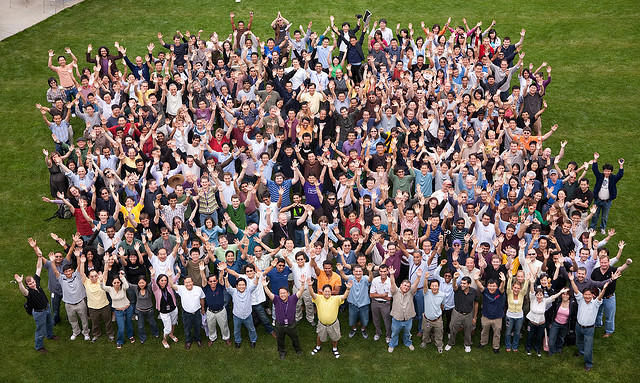It’s not a random collection of your “best” people. We tend to think that putting the smartest, most capable people together on a team is the best decision, but some research I saw reported in the New York Times says otherwise. High IQs of team members was not a predictor of team success. Their study of effective teams identified three characteristics that made some teams generally “smarter” than others:
- Equal participation. Teams where 1 or 2 people dominated were not as strong.
- Emotional intelligence. Being able to read the emotions in a situation and be aware of what other people feel, know, and believe.
- Women. Not equal balance of men and women, but more women (tied in part to women’s general superiority when it comes to the emotional intelligence part).
As traditional hierarchies break down in organizations (which I think is inevitable), the importance of teams will be elevated. If I were you, I would start developing teams with this research in mind (or hope that your competitors don’t).

